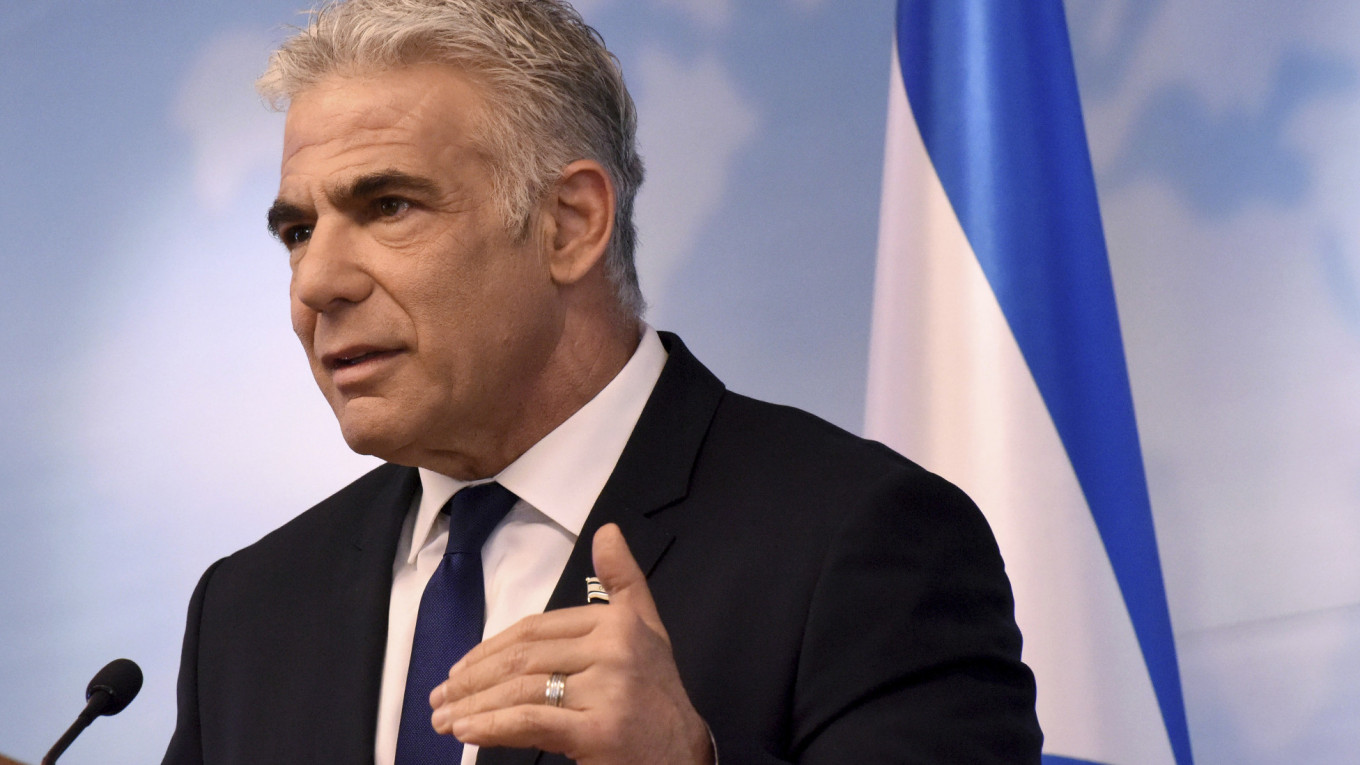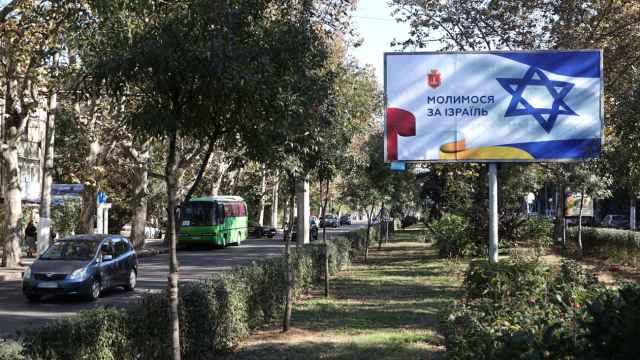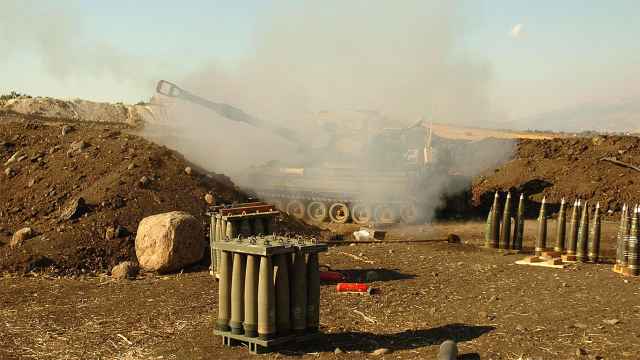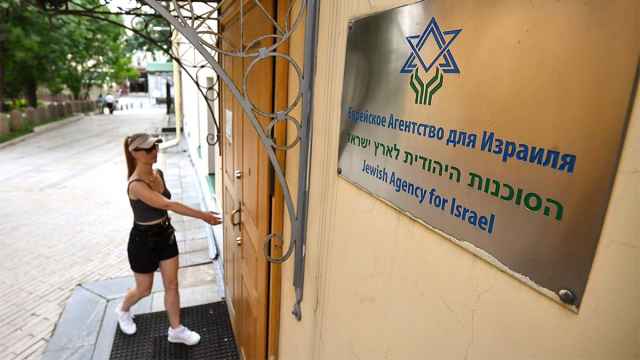Israeli Foreign Minister Yair Lapid on Monday slammed his Russian counterpart Sergei Lavrov for alleging Adolf Hitler may have "had Jewish blood" and summoned the Russian ambassador for "clarifications."
Since Russia's invasion of Ukraine on February 24, Israel has sought to keep a delicate balance between the two sides, but remarks by the Russian foreign minister to an Italian channel sparked anger in Israel.
Moscow has previously said it wants to "de-militarise" and "de-Nazify" Ukraine.
Speaking to the Italian outlet Mediaset in an interview released Sunday, Lavrov claimed that Ukrainian President Volodymyr Zelensky "puts forward an argument of what kind of Nazism can they have if he himself is Jewish."
Lavrov, according to a transcript posted on the Russian foreign ministry website, then added: "I could be wrong, but Hitler also had Jewish blood."
Lapid, in a statement from the foreign ministry on the "grave remarks," condemned the comments.
"Foreign Minister Lavrov's remarks are both an unforgivable and outrageous statement as well as a terrible historical error," Lapid said.
"Jews did not murder themselves in the Holocaust. The lowest level of racism against Jews is to accuse Jews themselves of antisemitism."
Israel's foreign ministry "has summoned the Russian Ambassador to Israel for a clarification meeting," the statement added.
Dani Dayan, director of the Yad Vashem, the World Holocaust Remembrance Center in Israel, also criticized Lavrov's statement, calling them "unfounded, delusional and dangerous remarks which deserve to be condemned."
In a speech at the end of March to the Israeli parliament, Zelensky called on Israel to "make a choice" by supporting Ukraine against Russia and asked the Jewish state to provide it with weapons.
Israel has provided helmets and bulletproof vests to Ukrainian rescue workers, but has not recently supplied the country with weapons, Israeli officials say.
A Message from The Moscow Times:
Dear readers,
We are facing unprecedented challenges. Russia's Prosecutor General's Office has designated The Moscow Times as an "undesirable" organization, criminalizing our work and putting our staff at risk of prosecution. This follows our earlier unjust labeling as a "foreign agent."
These actions are direct attempts to silence independent journalism in Russia. The authorities claim our work "discredits the decisions of the Russian leadership." We see things differently: we strive to provide accurate, unbiased reporting on Russia.
We, the journalists of The Moscow Times, refuse to be silenced. But to continue our work, we need your help.
Your support, no matter how small, makes a world of difference. If you can, please support us monthly starting from just $2. It's quick to set up, and every contribution makes a significant impact.
By supporting The Moscow Times, you're defending open, independent journalism in the face of repression. Thank you for standing with us.
Remind me later.






